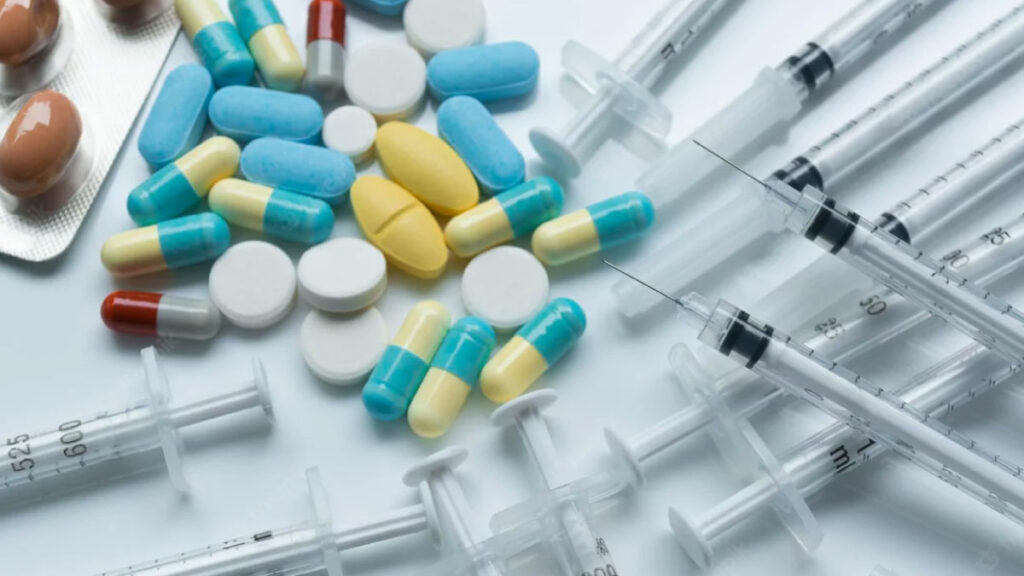For the average Nigerian, every illness is either malaria or typhoid.
Even before a proper diagnosis, headaches, fever and other symptoms are met with a quick run to the pharmacy for OTC malaria drugs or a dash across the street to purchase bitter-tasting local herbal mixtures that claim to treat typhoid and ‘flush the system’.
Malaria and typhoid are two illnesses that are very common in this region and are often mentioned side by side.
There are so many instances of treating malaria and typhoid together one may even begin to think they are the same condition. However, malaria and typhoid are as different as they can be and have little in common.
Malaria
Malaria is a widespread illness in tropical and subtropical regions. The infected female anopheles mosquito transmits it. The mosquito transmits the Plasmodium parasite, which causes malaria. Symptoms of Malaria include fever, sweating, headaches, chills and body aches. One may also experience nausea and vomiting with malaria.
The groups most vulnerable to this disease include infants who have not yet developed immunity to the illness and pregnant women.
Typhoid
Typhoid, on the other hand, is also a common disease rampant in areas with poor sanitation and hygiene. It is caused by consuming food or water contaminated by Salmonella Typhi.
Flies are notorious agents of the transmission of bacteria. Sometimes, it can be contracted from oral contact with fecal matter. Seafood from infected water is also instrumental in spreading the infection.
Symptoms of Typhoid include loss of appetite, cough, fever, diarrhoea or even constipation.
Fever and headaches are symptoms that malaria and typhoid have in common. The two illnesses can occur simultaneously, but this does not always happen.
Other similarities between these two illnesses include
- Both illnesses can be treated and cured in a short time
- Lab tests are required for proper diagnosis
- Both need urgent treatment
Treatment of Malaria and Typhoid
How Malaria is Treated
Earlier, malaria was treated with anti-malaria drugs like Chloroquine, Quinine and Primaquine which were intended to kill the parasite. Currently, an artemisinin-based combination therapy (ACT) is used to treat malaria.
How Typhoid is Treated
Since Typhoid is a bacterial infection, it is usually treated with antibiotics, the most common of which is ciprofloxacin. Drinking water is essential because typhoid can cause loss of body fluids through sweating and diarrhoea.
Malaria and typhoid are caused by different factors and are treated differently. In cases where they occur simultaneously in a person, malaria and typhoid co-infection treatment is carried out.
Protect yourself from getting malaria by guarding yourself against mosquito bites, using insect repellents and treated mosquito nets.
To protect yourself from typhoid, drink only clean, safe water and practice good personal hygiene. Avoid food from questionable sources, especially in places with unsuitable hygiene conditions. Washing your hands frequently can also protect you from getting Typhoid.
If you notice that you start to feel ill, especially when you live in an area where malaria and typhoid are endemic, speak to a doctor on Doctall for advice as soon as possible.

